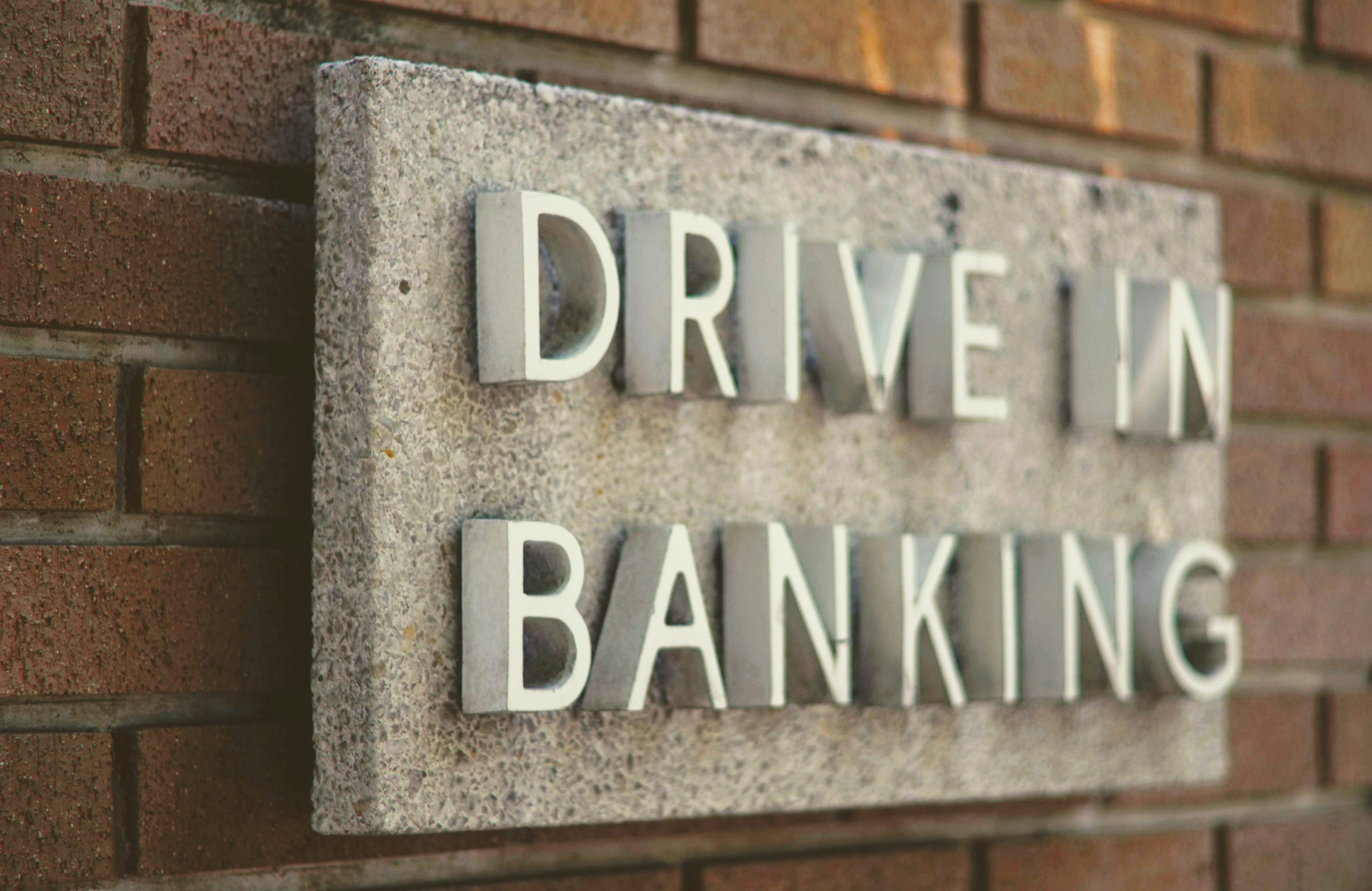Navigating Credit Requests Without Bank Statements
In today's financial landscape, obtaining credit often requires documentation that may not be readily available to everyone. This article explores how individuals can successfully request credit without providing bank statements, outlining alternative forms of verification, benefits, and strategies for approval.
Understanding Credit Requests
A credit request is a formal application made to financial institutions, lenders, or credit issuers. This request is crucial for individuals seeking loans, credit cards, or any form of financial assistance. Typically, banks require extensive documentation to assess an applicant's financial health, including bank statements, income verification, and tax returns. However, there are scenarios where applicants may not have access to their bank statements, necessitating alternative approaches to credit requests.
The Challenge of Missing Bank Statements
Many individuals face the challenge of missing or unorganized bank statements due to various circumstances. Whether due to life changes, digital account management, or simple forgetfulness, lacking bank statements can hinder the credit application process. Awareness of this issue is vital, as it affects countless individuals striving for financial stability or new opportunities. Recognizing the patterns and problems associated with not having bank statements is the first step towards finding viable solutions.
Alternative Documentation for Credit Requests
Fortunately, several alternatives can be utilized in place of traditional bank statements. Lenders often accept various forms of documentation that demonstrate an applicant's financial status and creditworthiness. These can include pay stubs, tax returns, proof of assets, and alternative credit reports. Each of these alternatives serves as a testament to an applicant’s ability to manage finances responsibly. Utilizing these alternatives empowers individuals to present their case more effectively when requesting credit without bank statements.
Establishing Credibility Without Bank Statements
When bank statements are unavailable, establishing credibility becomes crucial. Borrowers can leverage personal references from previous lenders or show evidence of timely bill payments as a substitute for bank statements. Furthermore, individuals can utilize credit scores and credit reports to highlight their financial history and habits. High credit scores or a solid history of on-time payments can significantly bolster a credit request, showcasing responsibility and trustworthiness.
The Importance of a Strong Credit Score
A strong credit score is vital when applying for credit without bank statements. Lenders often rely heavily on credit scores as an indicator of an applicant’s financial behavior. Understanding how credit scores are calculated and what factors influence them can help individuals take preemptive actions to improve scores before making credit requests. Maintaining timely payments, keeping credit utilization low, and avoiding unnecessary new credit inquiries can fortify one’s credit profile, making approval more likely.
Strategies to Improve Creditworthiness
Individuals looking to strengthen their credit application should be aware of various strategies to maximize their creditworthiness. First, they can pay down existing debts to lower their overall debt-to-income ratio. Next, they should consider becoming an authorized user on a family member's credit card to leverage their responsible credit history. Lastly, actively engaging with credit-building tools, such as secured credit cards or credit-builder loans, can also provide a path to improving one's credit situation when bank statements are unavailable.
The Role of Alternative Lenders
In recent years, alternative lenders have gained prominence as they offer more lenient criteria for credit requests. Unlike traditional banks, many of these lenders utilize technology and flexible underwriting processes, allowing them to consider other significant factors beyond just bank statements. Applicants can find more options by exploring peer-to-peer lending platforms or online financial services that focus on unique criteria. Understanding these alternative lending avenues can open doors for those without conventional documentation.
Negotiating with Lenders
If faced with a situation where bank statements are a requirement, negotiating with lenders might provide a possible solution. Being transparent about one’s financial status, explaining the circumstances, and offering alternative documentation can help. Many lenders appreciate honest communication and may be willing to work with individuals to find a solution that adequately showcases an applicant's financial responsibility, even in the absence of bank statements.
Tips for First-Time Credit Applicants
First-time credit applicants may face unique challenges, especially when they lack bank statements. These individuals should prioritize having other forms of documentation ready, such as employment verification letters and references. It's also essential to educate themselves about the types of credit available and the specific requirements each lender entails. Being well-prepared can help ease concerns and increase chances of approval even without the complete picture that bank statements offer.
Conclusion: Overcoming Obstacles in Credit Requests
While requesting credit without bank statements may seem daunting, numerous alternative routes exist for individuals. Emphasizing the strengths of an applicant’s overall financial profile, leveraging alternative documentation, and utilizing resources effectively can lead to successful credit accumulation. With the right approach, anyone can navigate their credit requests confidently, regardless of their documentation status.
